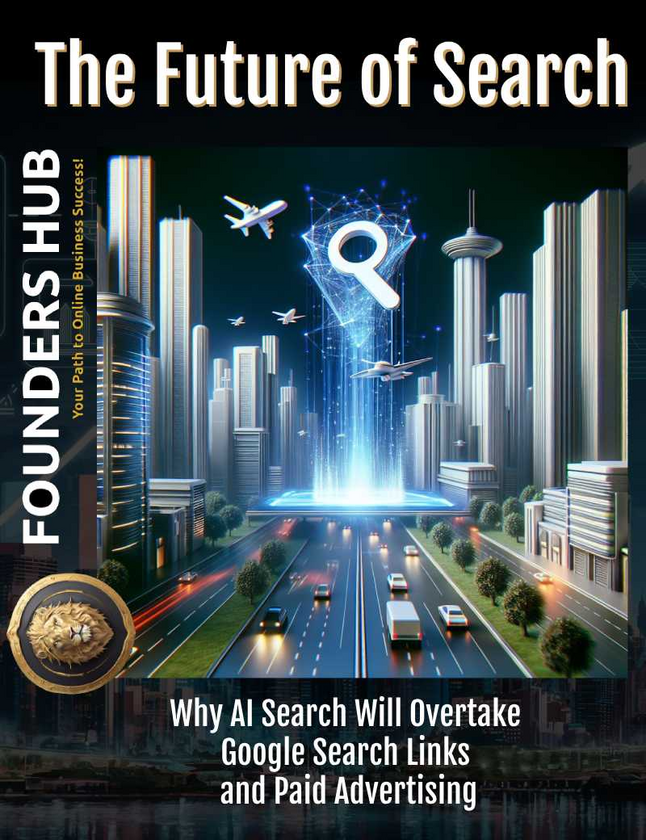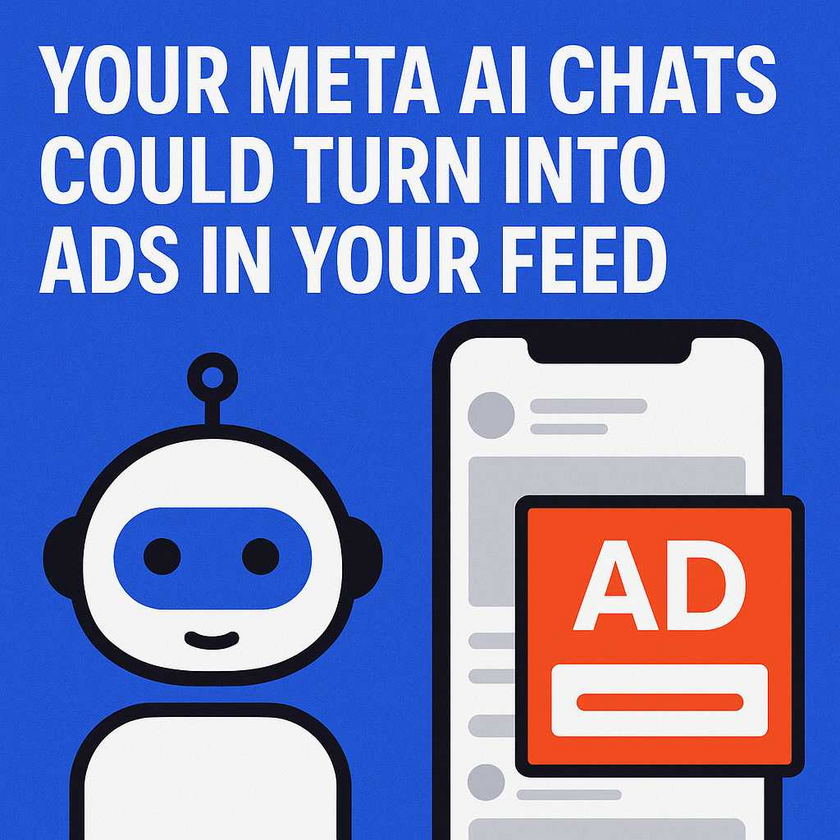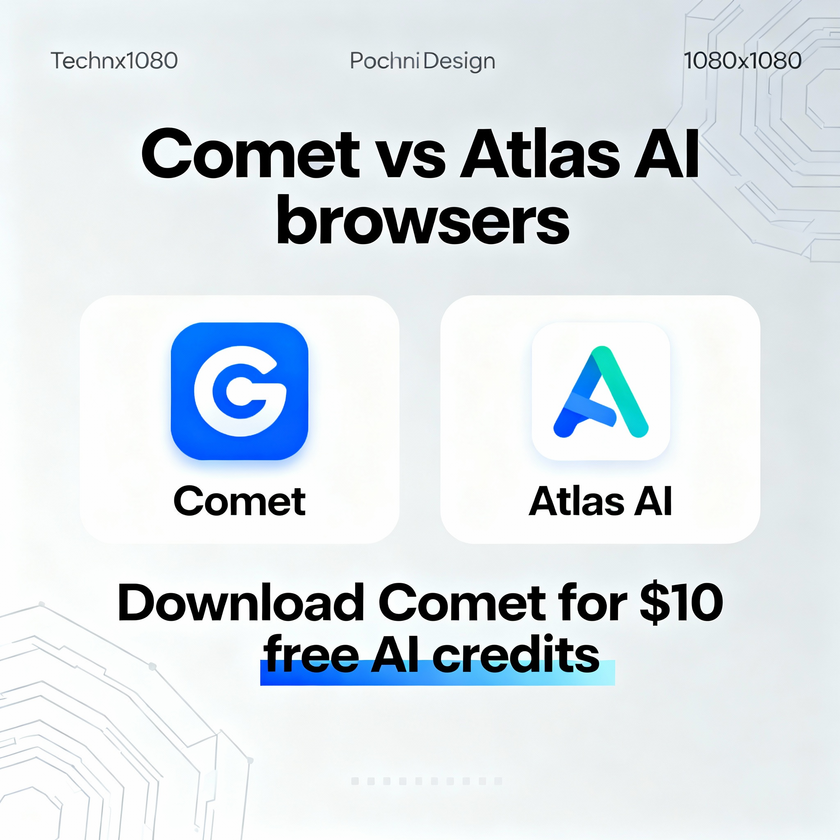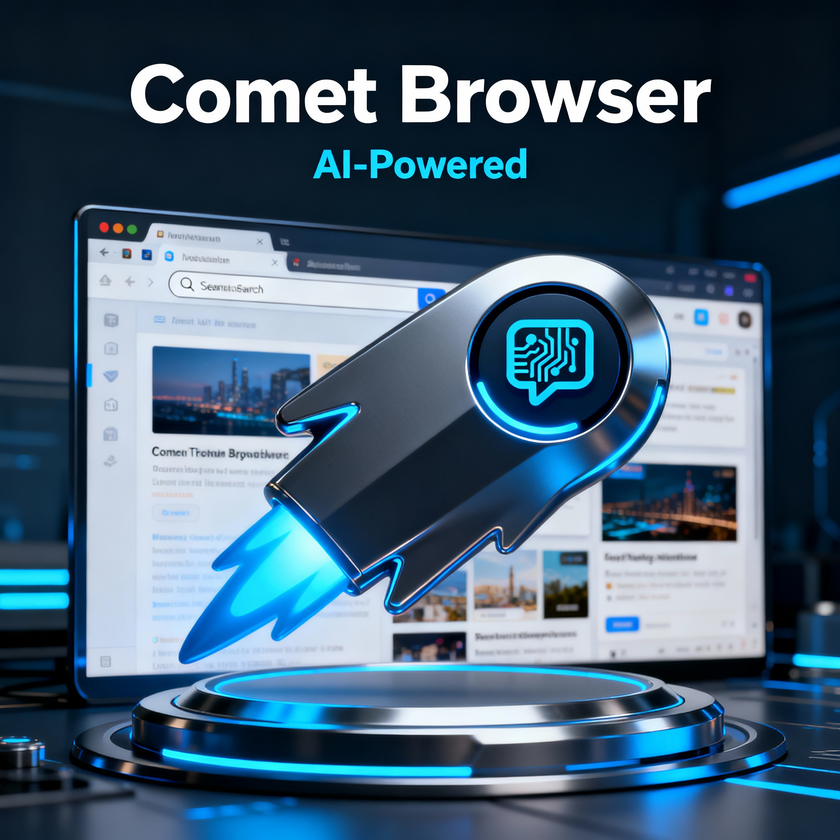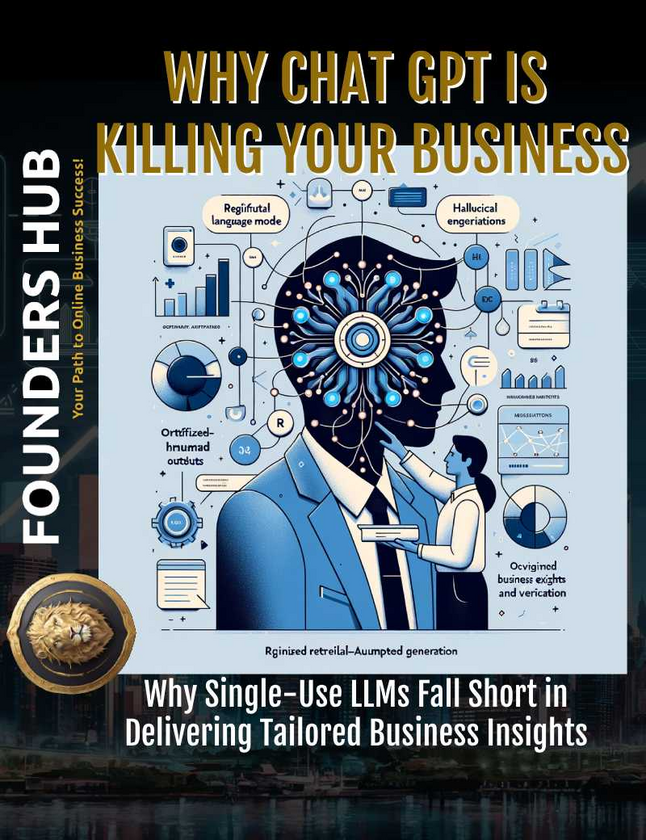The realm of search and advertising is undergoing a seismic shift, driven by the rapid advancement of artificial intelligence (AI) technology. As AI search capabilities continue to evolve, the traditional methods of finding information and delivering advertisements are being disrupted, paving the way for a new era in digital marketing.
Key Takeaway: The rise of AI search is poised to revolutionize the way we access information and consume advertising. Businesses and marketers must adapt to this paradigm shift to remain competitive and effectively reach their target audiences.
The Rise of AI Search
The integration of AI into search engines is transforming the way we interact with information. Unlike traditional search methods that rely on keyword matching and link-based results, AI search leverages natural language processing (NLP) and semantic analysis to understand the context and intent behind a user's query. This allows AI search engines to provide more relevant, concise, and accurate answers, often eliminating the need to click through multiple links.
Integration into Various Platforms
AI search is not limited to web browsers; it is seamlessly integrating into various platforms, including social media, smart TVs, and virtual assistants. This ubiquitous presence ensures that users can access AI-powered search capabilities wherever they are, providing a consistent and contextually relevant experience across devices and channels.
"Less is More" Approach
Traditional search engines often present users with an overwhelming number of links, requiring them to sift through multiple results to find the desired information. In contrast, AI search engines aim for a "less is more" approach, delivering concise and precise answers directly within the search interface. This streamlined experience reduces the need for users to click through multiple links, ultimately minimizing the reliance on traditional search ads and paid advertising.
Impact on Paid Advertising
The rise of AI search is poised to disrupt the traditional paid advertising landscape, particularly in the realm of Google search ads.
Reduced Reliance on Traditional Google Search Ads
As AI search engines become more proficient at providing direct answers to user queries, the need for users to click through to websites via search ads diminishes. This trend is already evident, with declining click-through rates on traditional search ads, as users find the information they need within the search interface itself.
Shift Towards Contextual and Personalized Advertising
While the effectiveness of traditional search ads may wane, AI search presents new opportunities for contextual and personalized advertising. By leveraging the vast amounts of data and user behavior insights, AI algorithms can target users more effectively, delivering ads that are highly relevant to their interests, preferences, and search intent. This integration of AI with digital experiences makes advertising feel more organic and seamless, enhancing the overall user experience.
The Resurgence of Brand Marketing
In the age of AI search, brand marketing becomes increasingly crucial for businesses to maintain visibility and capture consumer attention.
Necessity of Direct Brand Searches
With AI search engines providing direct answers to queries, users are more likely to search for specific brand names directly, rather than relying on generic keyword searches. This shift emphasizes the importance of creating strong brand recognition and fostering a positive brand image, as consumers are more inclined to seek out brands they trust and recognize.
Role of Advertising, Publicity, and Influence
To build mental and physical/digital availability, businesses must invest in a multi-faceted approach that combines advertising, publicity, and influence marketing. By creating consistent brand messaging across various channels, including traditional and digital media, social platforms, and influencer collaborations, businesses can increase their chances of being top-of-mind for consumers when they conduct direct brand searches.
Personalization and Efficiency in Advertising
One of the key advantages of AI in advertising is its ability to enhance personalization and efficiency, ultimately leading to more effective and cost-efficient campaigns.
Analysis of Consumer Behavior and Preferences
AI algorithms can analyze vast amounts of data on consumer habits, motivations, and preferences, enabling marketers to create highly targeted ad campaigns tailored to specific audience segments. This level of personalization increases the relevance and resonance of advertising messages, leading to higher engagement and conversion rates.
| Company | AI-Powered Advertising Results |
|---|---|
| HOLT CAT | Reduced cost per hire by 20% and hired 270 new people, with 40% of those hires influenced by the advertising |
| Unilever | Increased ad recall by 14% and saw a 28% increase in purchase intent through AI-optimized campaigns |
| Procter & Gamble | Achieved a 25% improvement in cost-per-acquisition through AI-driven media buying |
Automation in Ad Campaigns
AI-powered advertising platforms are revolutionizing the way ad campaigns are managed and optimized. These platforms leverage machine learning algorithms to automate various tasks, such as generating ad copy, finding the right keywords, and optimizing bid strategies in real-time. This automation not only saves time and resources but also ensures that ad campaigns are continuously optimized for maximum performance and return on investment (ROI).
Automation and Streamlining Operations
In addition to enhancing personalization and efficiency, AI is also automating and streamlining various operations within the advertising industry.
Generation of Ad Copy and Keywords
AI-powered tools can analyze vast amounts of data, including consumer behavior, market trends, and competitor strategies, to generate effective and relevant ad copy. These tools can also conduct efficient keyword research, identifying the most promising keywords and phrases to target for specific campaigns.
Automated Bidding and Smart Bidding Strategies
AI algorithms can analyze real-time data on ad performance, audience engagement, and market dynamics to optimize bidding strategies on the fly. These smart bidding strategies ensure that ad spend is allocated effectively, maximizing the return on investment while minimizing waste.
Changing Consumer Behavior
As technology continues to evolve, so too do consumer behaviors and preferences, particularly when it comes to search and information discovery.
Younger Audiences and New Search Platforms
Younger generations, such as Gen Z and millennials, are increasingly turning to platforms like TikTok, Instagram, and ChatGPT for search queries and information gathering. This shift in search behavior demands a different marketing strategy, as businesses must adapt to meet consumers on the platforms they frequent.
Adapting to New Search Trends
To remain competitive and relevant, marketers must be present on these emerging platforms, creating content and advertising campaigns that cater to the consumer's platform of choice. This may involve leveraging influencer marketing, creating engaging short-form videos, or exploring new advertising formats tailored to these platforms.
Conclusion
The future of search and advertising is being shaped by the rapid advancement of AI technology. As AI search capabilities continue to evolve, the traditional methods of finding information and delivering advertisements are being disrupted, paving the way for a new era in digital marketing.
Key statistics highlight the growth and potential of AI in the search and advertising landscape:
- Global ad spending in search advertising is expected to reach about $279.3 billion in 2023, up from $251.7 billion in 2022[5].
- The U.S. will account for $118.2 billion of the global search advertising spend in 2023[5].
To remain competitive in this evolving landscape, businesses and marketers must adapt their strategies and embrace the power of AI search. This includes investing in brand marketing, leveraging personalization and automation, and staying attuned to changing consumer behaviors and search trends.
By understanding and adapting to the impact of AI search, businesses can position themselves at the forefront of this transformation, delivering more relevant and engaging experiences to their target audiences while maximizing the effectiveness of their advertising efforts.

